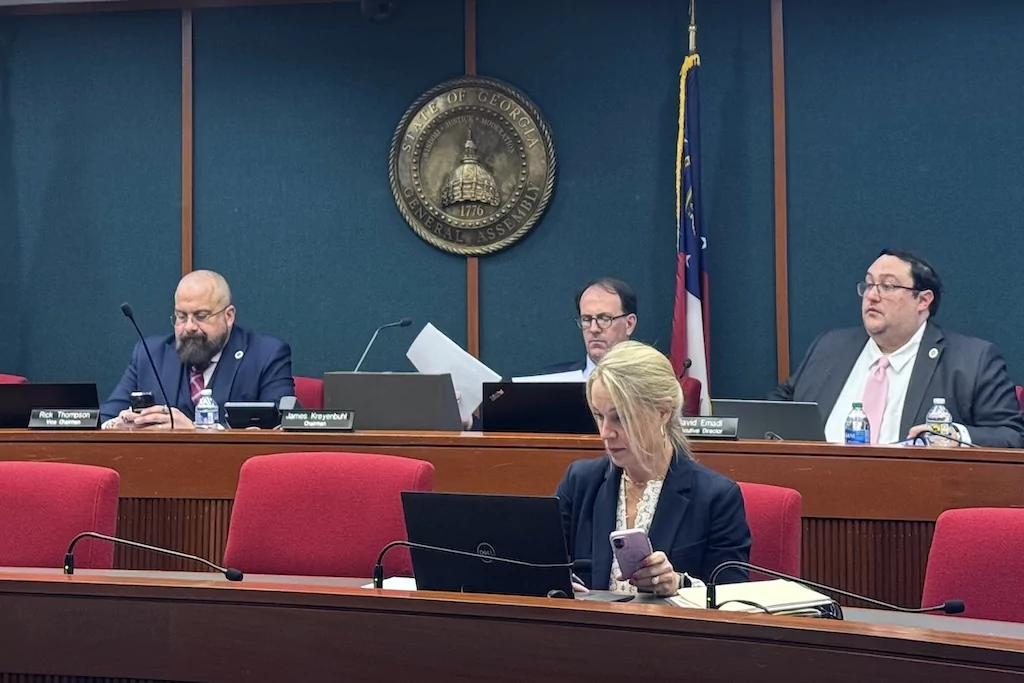The Georgia Senate Ethics Committee unanimously advanced legislation that would shield the addresses of politicians and political candidates after an uptick in threats in recent years.
“Swatting” incidents, typically someone calling law enforcement with a false report in an effort to put the victim of the action in danger of being treated as a threat, have been increasingly used against politicians and political candidates in recent years, especially during Christmas 2023.

While Georgia has passed laws strengthening penalties for “swatting,” Senate Bill 199 would take another step to protect politicians at their private residences by redacting “any identifiable home addresses from any records the [state ethics] commission discloses, posts, or releases to the public.”
Republican state Sen. Sam Watson, one of the sponsors of the legislation and the chairman of the chamber’s ethics panel, said the bill would “streamline” and “simplify” deadlines regarding candidate financial disclosures and complaints, along with hiding addresses from publicly released documents.
The legislation was unanimously pushed forward by the Senate Ethics Committee, though not without a few concerns over the addresses measure.
One lawmaker questioned how it would affect residency challenges. State Ethics Commission Executive Director David Emadi responded to the concern at a hearing on Tuesday, saying the legislation would still require addresses to be filed in the disclosures but they would be redacted when released for public view.
GEORGIA DOGE PASSES STATE SENATE DESPITE ANGER OVER MUSK APPROACH
“Ten to fifteen years ago, I would have been opposed to a concept like this, but I think within days of us talking about it, someone died in a swatting incident in Georgia. We’re seeing this way too often, and I just think it’s time for us to do something about it before someone gets really hurt,” Emadi said.
The bill now moves forward to the Senate Rules Committee before it can reach a vote of the full chamber.
























